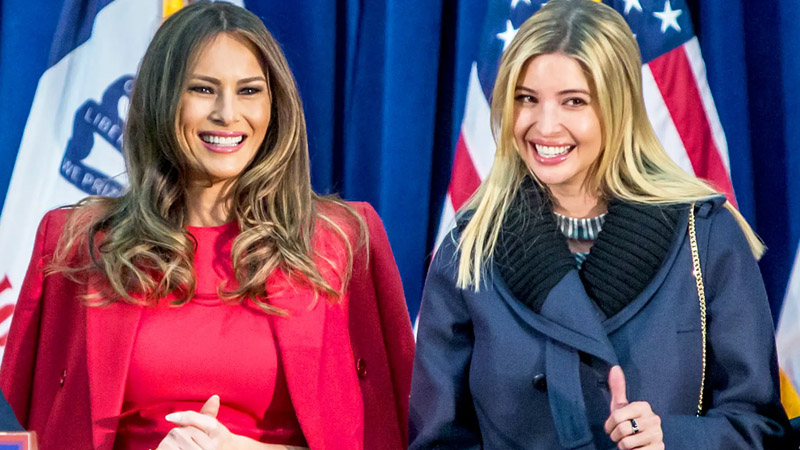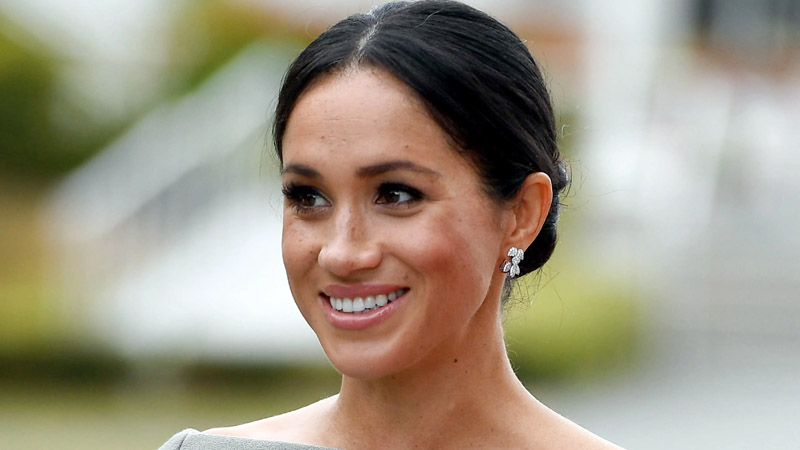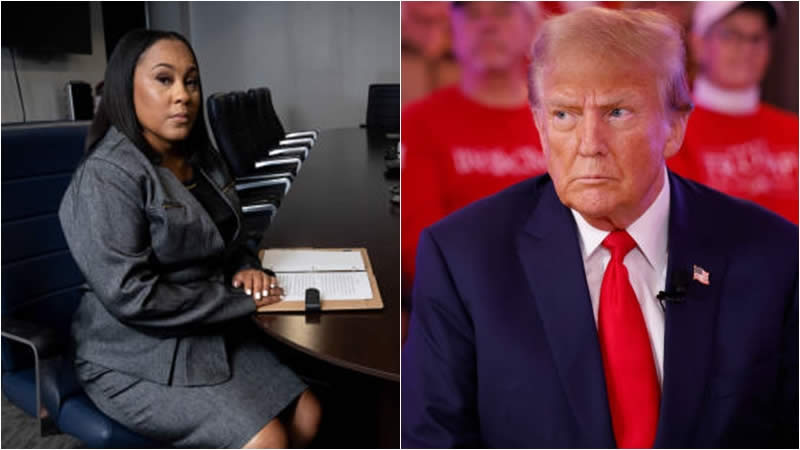Biden Debate Performance Has ‘Almost No Impact’ on Voter Preferences

Saul Loeb | AFP | Getty Images
Despite numerous articles in The New York Times and other media outlets, and calls from eight House Democratic lawmakers for Joe Biden to end his re-election campaign, a new Northeastern University study finds that the President’s performance at the June 27 debate has had “almost no impact” on voters’ preferences.
Led by David Lazer, a university distinguished professor of political science and computer science at Northeastern, the report indicates that the debate had little if any, effect on voting preferences. “My hope is that reporters look at this and say, ‘Maybe we need to be careful in overinterpreting noise as actual signal,'” Lazer stated.
Lazar emphasized that “the net result is not a movement away from Biden.” The study shows that 94% of those who supported Biden before the debate continue to support him, compared to 86% of Trump supporters who maintain their support.
“If anything, it seems that Biden is holding on to his people somewhat better than Trump,” Lazer noted. The report also examined minor shifts between the candidates. Northeastern Global News reports that 1% of Biden supporters switched to Trump, while 3% of Trump supporters switched to Biden. Additionally, respondents who were undecided before the debate were slightly more likely to prefer Biden afterward.
Some voters shifted their support to third-party candidates post-debate, but this was nearly balanced by third-party supporters switching to Biden or Trump. “Trump was convicted of a set of felonies,” Lazer told Northeastern Global News. “The impact it had on surveys was zero. Biden had a debate where most people said it proved he was too old. Survey respondents said, ‘Yeah, I saw that. He’s too old. I’m still voting for him.’ The numbers just aren’t moving.”
The study, titled “No Change−Evaluating the Short-Term Impact of the Presidential Debate on Voter Preferences,” examined responses from 1,262 repeat respondents from all 50 states and was conducted from June 16 through July 5.
Lazer hopes the report highlights the importance of accurately interpreting data and avoiding overreaction to insignificant statistical shifts. This study suggests that, despite media narratives and political speculation, voter preferences remain largely stable in the face of debate performances and external opinions.




